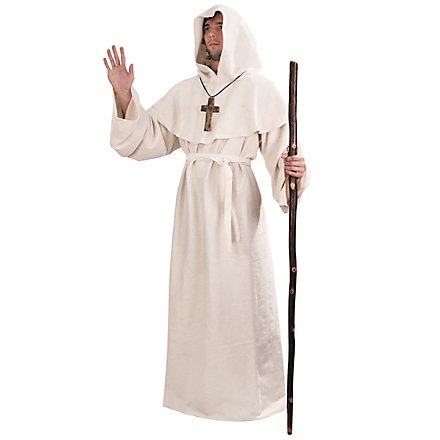1. The Core Question: What is “Money” in the Wasteland?
Unlike our world, Fallout’s economy is fragmented. Caps (Nuka-Cola caps) became the standard currency, but in different regions or under certain factions, alternative systems could exist.
-
Caps as Base Currency – They remain the most recognizable tender, but by Fallout 5’s timeline, they may feel outdated or less trusted. Inflation and counterfeiting could be lore points.
-
Regional Currencies –
-
Faction Script: The Brotherhood could print its own “Brotherhood Notes” for controlled settlements.
-
Digital Chits: Enclaves or AI-driven factions might rely on holotape-stored credits.
-
Barter Tokens: Independent towns could issue local promissory chips backed by goods.
-
-
Hybrid System – A player might need to juggle currencies (caps, faction money, barter goods), creating tension and strategic decision-making.
2. Banks and Financial Hubs
Banks shouldn’t just be vaults of caps—they can be gameplay features:
-
Faction Banks – Player deposits could earn interest, but tied to faction reputation (lose standing and your caps get “seized”).
-
Mutant or Raider Black Markets – Instead of traditional banks, they might run “tribute systems” where money buys protection.
-
AI-Run Institutions – A pre-war mainframe or Vault-Tec AI could operate a functioning, logical “digital bank,” offering unique perks but risking lockouts if power is lost.
-
Settlement Banking – In a Sim Settlements–like feature, towns could pool caps into a local bank, allowing community growth and unlocking upgrades.
3. Gameplay Loops with Money
Money should be more than a static resource—tie it into survival and narrative systems:
-
Inflation & Deflation – Prices rise in wartime, drop with prosperity. The player’s choices (sabotaging caravans, investing in trade) could impact the economy.
-
Loans & Debt – A player could take a loan from a faction bank but face bounty hunters or debt collectors if they default.
-
Investments – Players could invest in caravan routes, shops, or reconstruction projects, gaining passive income.
-
Hoarding vs. Circulation – NPCs may treat hoarders with suspicion—“caps don’t feed families, stranger.”
4. Alternatives to Traditional Currency
Fallout thrives on barter and scarcity. A Fallout 5 system could emphasize:
-
Resource-Backed Currency – In a water-scarce region, purified water or energy cells might become money.
-
Faction Loyalty as Currency – Some groups may ignore caps altogether; your standing and deeds act as “currency.”
-
Skill/Knowledge Economy – Settlers may pay in labor, information, or favors instead of hard caps.
5. Immersive Systems for the Player
Ways the player could directly interact with the money/banking system:
-
Bank Heists – Questlines where you can rob or defend wasteland banks.
-
Currency Manipulation – Forge faction notes, spread counterfeit caps, or destabilize economies.
-
Global Ledger – Pip-Boy interface tracking your assets across multiple currencies.
-
Dynamic Prices – Vendors adjust based on your reputation, scarcity, and your ability to haggle.
6. Narrative Impact
The system can enrich storytelling:
-
Faction Identity Through Money – Each faction’s approach to currency reflects its philosophy:
-
Raiders → Loot & tribute
-
Brotherhood → Strict ration chits
-
Independent towns → Trust-based scrip
-
AI factions → Digital credits
-
-
Quests About Money – Debt collectors, counterfeit rings, failed banks, or “who controls the caps” conspiracies.
-
Post-Scarcity Dreams – Some factions may reject money altogether, pushing communal economies (inspired by Marxist/utopian ideals).
✅ Summary:
A money and banking system in Fallout 5 should be dynamic, faction-specific, and narratively integrated. Caps remain central, but players must juggle multiple currencies, trust systems, and even barter. Banks become hubs of factional influence, investment, and danger. The system should both drive survival mechanics (inflation, scarcity) and open up moral choices (hoard, invest, exploit, or build community wealth).


No comments:
Post a Comment